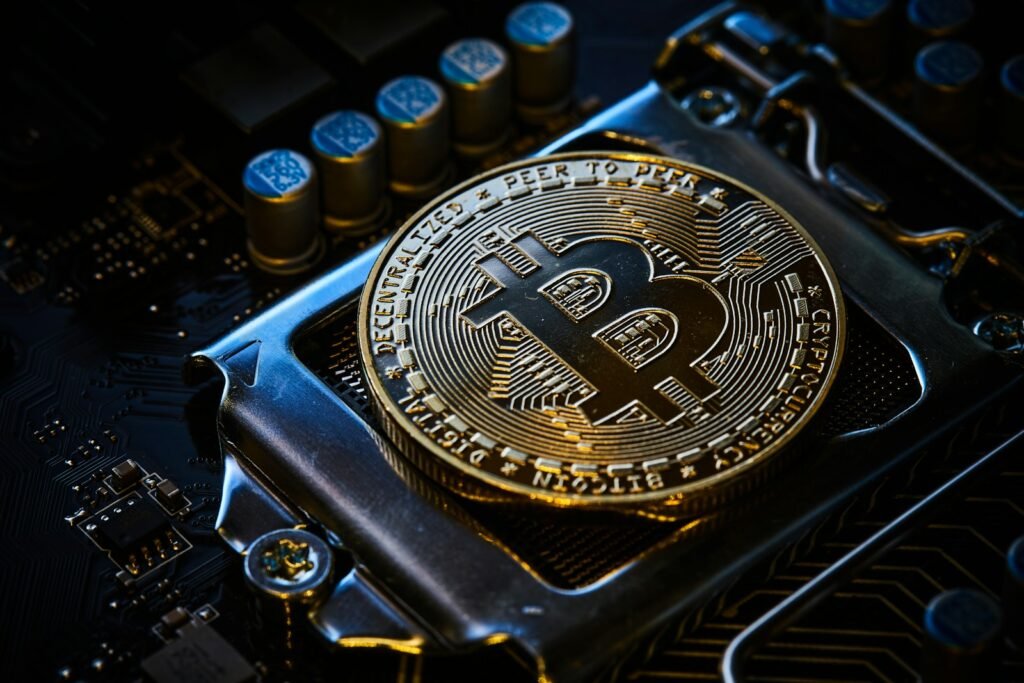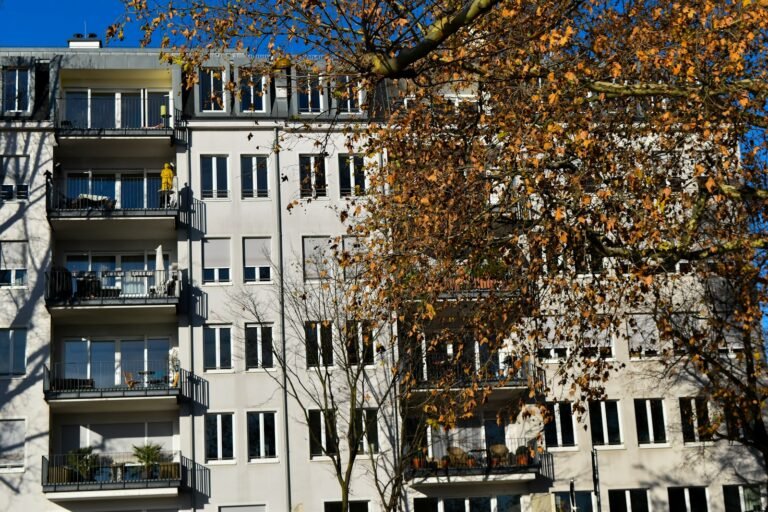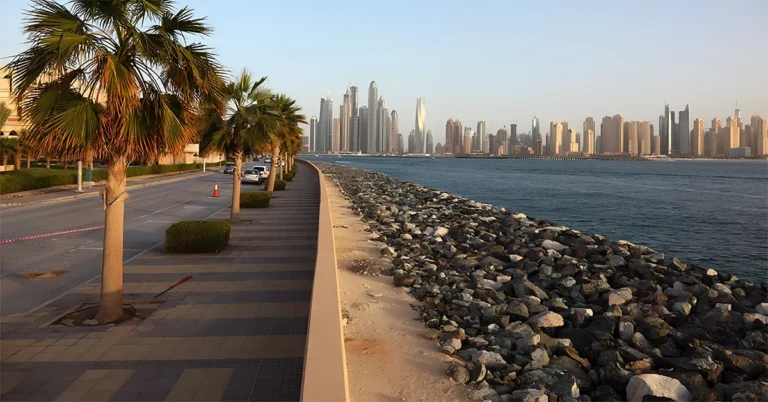Dubai has long positioned itself as a global leader in technological innovation, and its real estate sector is no exception. The integration of blockchain real estate Dubai initiatives is revolutionizing how properties are bought, sold, and managed, creating a more transparent, efficient, and secure marketplace. This deep dive explores how property technology is reshaping traditional processes through digital transactions in Dubai, and what it means for investors, developers, and homeowners.
Why Blockchain Matters in Real Estate
Real estate transactions have historically been plagued by:
- Lengthy paperwork and bureaucratic delays
- High intermediary costs (agents, lawyers, notaries)
- Risks of fraud or title disputes
- Lack of transparency in pricing and ownership history
Blockchain technology addresses these pain points by:
- Creating immutable, tamper-proof records of ownership
- Automating processes through smart contracts
- Reducing transaction times from weeks to days (or even hours)
- Cutting costs by minimizing third-party involvement
Dubai’s government recognized this potential early, launching the Dubai Blockchain Strategy with the ambitious goal of becoming the world’s first blockchain-powered government. The real estate sector has been a primary focus of this initiative.
Key Blockchain Applications in Dubai’s Property Market
1. Digital Property Titles & Land Registries
The Dubai Land Department (DLD) has been a pioneer in adopting blockchain for:
- Instant verification of property ownership
- Fraud-proof title transfers
- 24/7 accessibility through the “Blockchain Real Estate Self-Service” platform
This system eliminates the need for physical title deeds while providing greater security than traditional paper-based systems.
2. Smart Contracts for Transactions
Smart contracts automatically execute when predetermined conditions are met, enabling:
- Immediate transfer of ownership upon payment
- Automated release of escrow funds
- Self-enforcing rental agreements
A typical property sale that previously took 30+ days can now be completed in under a week through blockchain-powered smart contracts.
3. Tokenization of Real Estate Assets
Dubai has emerged as a hub for property tokenization, where:
- Buildings or developments are divided into digital tokens
- Investors can buy fractions of high-value assets
- Secondary markets allow trading of tokenized properties
This innovation has democratized access to premium real estate investments that were previously only available to high-net-worth individuals.
4. Streamlined Payments & Mortgages
Blockchain facilitates:
- Cryptocurrency transactions for property purchases
- Faster international transfers without traditional banking delays
- Automated mortgage approvals using blockchain-verified financial data
Several Dubai developers now accept cryptocurrency payments, with transactions recorded on the blockchain for complete transparency.
Dubai’s Leading Blockchain Real Estate Initiatives
1. The Dubai Blockchain Strategy
A government-led initiative aiming to:
- Move all real estate transactions onto blockchain platforms
- Reduce annual real estate documentation processing by 100 million documents
- Save an estimated 25 million hours of productivity currently lost to document processing
2. DLD’s Blockchain System
The Dubai Land Department’s proprietary blockchain solution offers:
- Unified property databases across all government entities
- Instant verification of any property’s transaction history
- Integration with Emirates ID for seamless digital signatures
3. Developer-Led Blockchain Projects
Major Dubai developers are implementing blockchain for:
- Off-plan sales tracking
- Automated maintenance fee collections
- Digital homeowner associations

Benefits for Different Market Participants
For Buyers & Investors
- Reduced risk of fraud through transparent ownership records
- Faster due diligence with instant access to property histories
- Lower transaction costs by cutting intermediaries
- Access to fractional investment opportunities
For Sellers & Developers
- Accelerated sales cycles
- Automated compliance with regulations
- Enhanced trust through verifiable data
- New capital sources via tokenized offerings
For Government & Regulators
- Real-time market monitoring
- Reduced property disputes
- More efficient tax collection
- Improved urban planning through data analytics
Challenges & Considerations
While promising, blockchain adoption faces hurdles:
Technical Limitations
- Scalability issues during peak transaction periods
- Integration challenges with legacy systems
- Energy consumption concerns (though Dubai uses more efficient protocols)
Regulatory Uncertainty
- Evolving cryptocurrency regulations
- Cross-border legal recognition of smart contracts
- Compliance with international anti-money laundering rules
User Adoption
- Resistance from traditional real estate professionals
- Learning curve for non-tech-savvy users
- Need for standardized platforms across the industry
The Future of Blockchain in Dubai Real Estate
Emerging trends suggest:
- AI-Blockchain Convergence
- Predictive analytics for property valuations
- Automated property management through IoT integration
- Metaverse Property Development
- Virtual land parcels tied to blockchain deeds
- Hybrid physical-digital ownership models
- Decentralized Finance (DeFi) Integration
- Blockchain-based mortgage lending pools
- Automated rental income distributions
- Global Standardization
- Dubai is positioning itself as the model for blockchain real estate
- Interoperability with other smart cities
Practical Advice for Market Participants
For Buyers
- Verify that blockchain records match physical documentation
- Understand the tax implications of crypto transactions
- Use government-approved platforms for added security
For Investors
- Research tokenized property projects thoroughly
- Diversify across different blockchain real estate models
- Monitor regulatory updates affecting digital assets
For Industry Professionals
- Upskill in blockchain and smart contract knowledge
- Identify process areas ripe for automation
- Collaborate with fintech partners for innovative solutions
Conclusion: A New Era of Real Estate Transactions
Dubai’s embrace of blockchain real estate solutions has positioned it at the forefront of property technology innovation. While challenges remain, the shift toward digital transactions in Dubai represents more than just technological adoption, it’s a fundamental reimagining of how real estate markets can operate with greater efficiency, transparency, and accessibility.
As these technologies mature, early adopters stand to benefit most from reduced costs, new investment opportunities, and streamlined processes. One thing is certain: the future of Dubai’s real estate market will be written on the blockchain.









